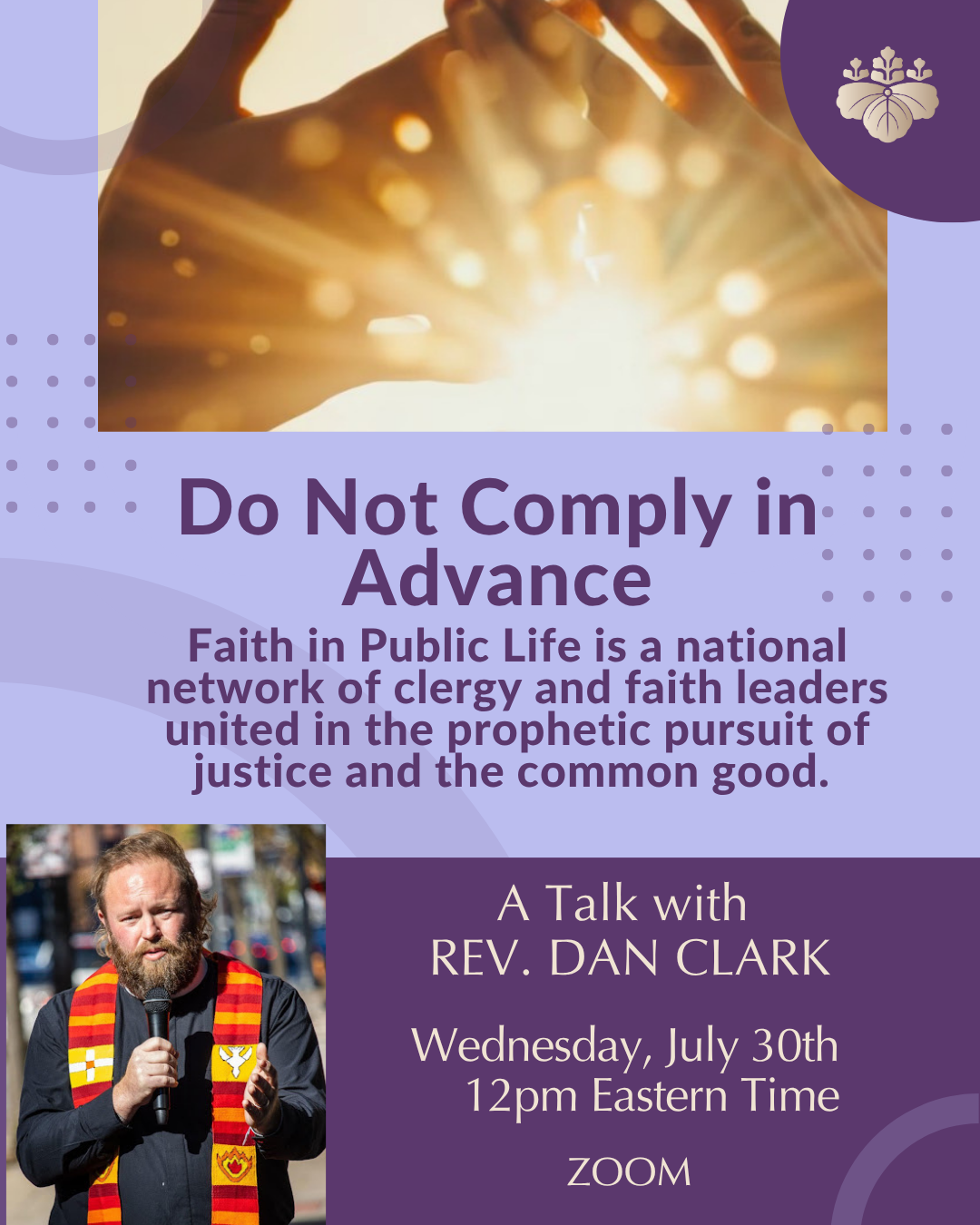Several years ago, I started to work on a book I tentatively called “The Dharma according to Groucho.” The first section is called Getting to Not-Know You. My opinion of Not-Knowing is entering a situation without being attached to any concept. This means total openness to the situation, deep listening to the situation.
The tortoise dragging its tail is a famous image in the orient. Once while in northern Costa Rico I went to the beach at night when tortoises had come to lay their eggs. They’re really gigantic. Peter Mathiessen wrote a beautiful book – Far Tortuga. It’s in the dialect of the people in Tortuga. A little north of Costa Rica. But if you see a tortoise walking on the beach, their tail wipes away the tracks. But of course there are new tracks. The tail itself creates a new track. One of the ways we know ourselves is by all of our criticisms of ourselves. And all of the things that we think we’re doing wrong. And we spend a lot of time trying to apologize or wipe away or being sorry, “I’m sorry I did this, I did that, I’m sorry.” And that’s the tortoise moving the tail and wiping away the tracks. So we do things and then we sort of look back, and “Oh, I did that wrong”. So we’ve left all of these tracks of the things that we didn’t do right in our mind. And now we spend a lot of time trying to get rid of all of those tracks. And that very process of doing that is creating new tracks. Then we look back and say “Oh I didn’t do that right, I didn’t get rid of that right”. When you get to the state of Not Knowing You, you aren’t busy wiping away the tracks because you don’t have the tracks. At any moment you have the ingredients that are there and you do the best thing you can (make the best meal) with those ingredients, and you offer your creation. And then you look again and see what ingredients you now have and make the best meal you can and offer it again. It’s never about “Oh that meal was too sour” or that meal was too yucky or that meal… It’s “Here I am! What are the ingredients? What do I do? Let’s do it!. And then the next moment: “Here I am! What are the ingredients? Let’s use them in the way I can best do it. And then I offer it.”
When my son, Marc, was young he would take the food that he was given and make piles of all the stuff he didn’t’ want to eat – those were his yucky piles. Then he would eat the stuff that was left – the good stuff. And then he had to figure out what to do with the yucky piles. Because his mother would say you’re supposed to eat your broccoli or whatever he called his yucky pile. He might sneak it down to the dogs. We had dogs and cats. He might put it on his sister’s plate. There were different schemes. He says that now he creates nice piles. And leaves the yucky piles – he doesn’t call them yucky piles. Making nice piles and just leaving the other stuff around. But that falls in line with this whole notion of what do we do with the ingredients we have? How do we make the best meal? How do we offer it? And when we look at our lives, what do we call our yucky piles, and then what do you do with it? And just think of how much energy you spend or your friends spend being sorry instead of just doing something new. Talking about what they didn’t do, or what yucky piles they created.
The work of the jester or coyote (North American Indians) is to work with the yucky piles. They don’t call them yucky piles. They work in the cracks of society. They call out the issues that we aren’t dealing with. So it’s a little bit like what my son shifted to. Society or we will tend to recognize those things we like. And we work with that. We invite to our homes those we like. We don’t invite to our homes those we don’t like. We don’t think of them. We don’t even think of them enough to call them yucky piles. They don’t exist. We work with things we like. It’s very normal, so the jester is trained, the coyote is trained to see what are the yucky piles that individuals, tribes, societies have created and what’s the work to be done. They’re not the only ones who work with yucky piles. There’s whole industries that have been created to work with yucky piles – the homeless in the streets, the prisons, lots of different industries have been created to get the yucky piles out of sight – so that we could just deal with all the pretty things, and not have to see the things that we have shunted aside.
Our getting to Not Know You is not hiding. Not apologizing. Not screaming at others ‘cause they’re not doing it the right way. Our way is to do things. Is to look at the ingredients, make the best meal, and do it.
Here are the ingredients. I do the best thing I can at this time. If that’s what I’m always doing there’s no tracks to be wiped away. It sometimes gets confusing to people because they don’t’ know what they’re doing. It depends on the moment – it depends on the circumstances. What we are most comfortable with is to put people in a category. Even ourselves. Many people consider consistency a virtue. Because I know what’s going to happen – I know what the schedule’s is. I know what that person’s going to do. But that’s getting to know you rather than getting to Not Know You. Getting to Not Know You is to work with the ingredients and always be open to what’s required now. It’s not even what’s required – It’s to be… free. The rain comes down pouring on your head. You don’t stop and say “what should I do? Should I get an umbrella or should I wipe the rain away? Should I put a hat on?” You don’t go through all of that. The rains coming down. If you have an umbrella you might open it. If you don’t have an umbrella but you have a rain hat you might put that on. If it’s a fancy hat you might not put it on. You might hide it. So it all depends on the ingredients.



